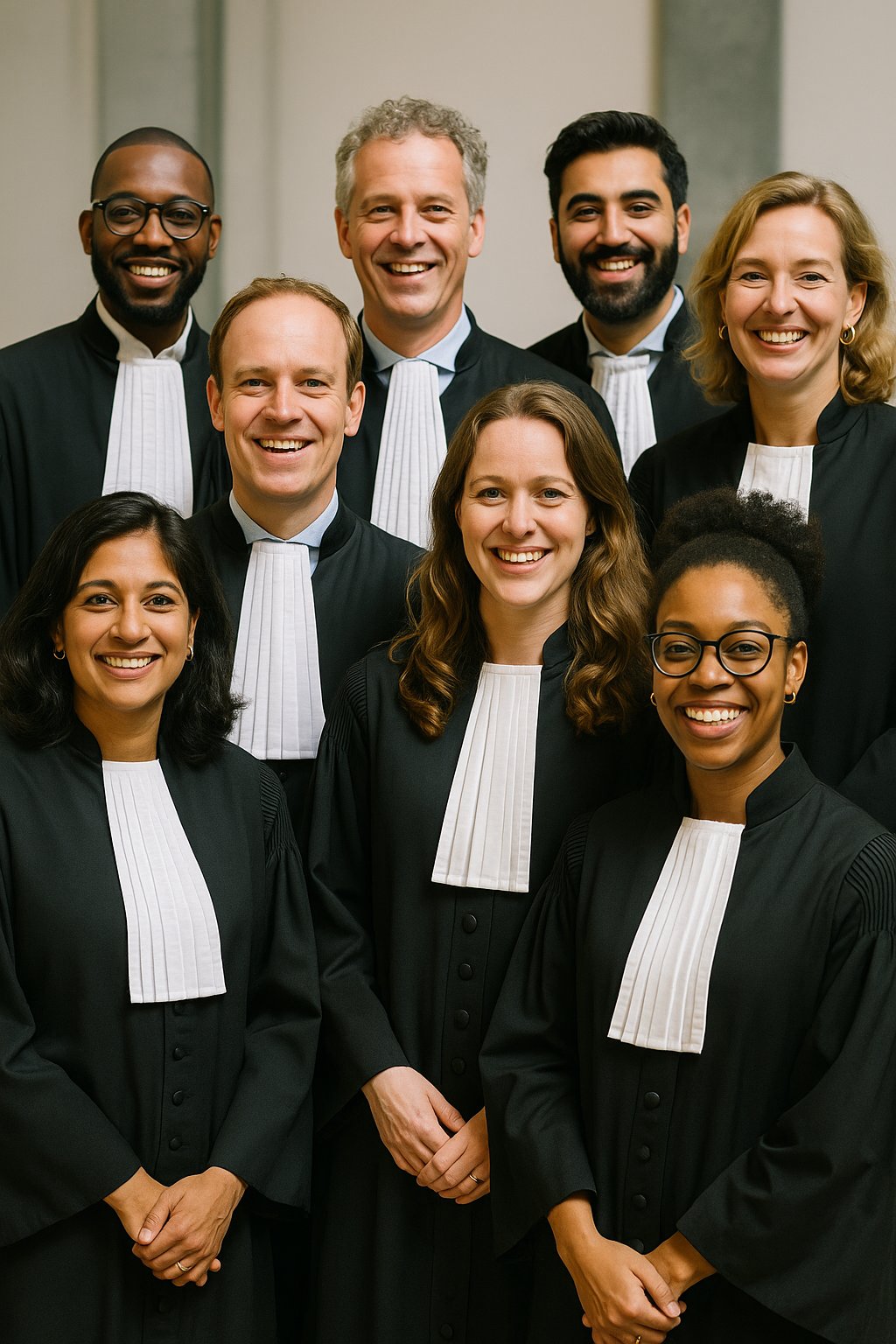What is a lawyer in the Netherlands and how do they work?

When navigating legal matters in the Netherlands, it’s essential to understand the role and responsibilities of a lawyer – known locally as an advocaat. Whether you’re dealing with a family matter, business issue or international dispute, a lawyer can be a vital ally. This article explains what a lawyer is, how they work, and how to make sure you are getting qualified help.
What is a lawyer?
In the Netherlands, a lawyer is a qualified legal professional who provides advice and representation to individuals or companies. Lawyers help clients understand their legal position, prepare legal documents, communicate with other parties, and – when needed – represent them in court.
Dutch lawyers are guided by a clear set of core values:
-
Independence – Lawyers are not employed by the government or courts. This ensures they can defend your case without external pressure.
-
Partiality – Your lawyer acts solely in your interest, not as a neutral party.
-
Expertise – Lawyers provide realistic advice and, if needed, refer you to a colleague who is better suited to handle your case.
-
Integrity – They must avoid conflicts of interest and act in line with professional ethics.
-
Confidentiality – Everything you share remains private. This trust allows for open communication and effective legal strategy.
How to verify if someone is a real lawyer
The title “lawyer” is protected in the Netherlands. Only those registered with the Dutch Bar Association (Nederlandse Orde van Advocaten) are allowed to use the title advocaat.
You can check if someone is a registered lawyer by searching their name or law firm via the Dutch Bar Association’s website. For individual lawyers, you’ll see:
-
when they were sworn in
-
which local bar association they belong to
-
their areas of practice
-
memberships of expert groups
-
whether they are employed or self-employed
-
any disciplinary actions, if applicable
For law firms, the search results include contact information and a list of all lawyers working at the firm.
How do Dutch lawyers work?
Lawyers in the Netherlands follow strict professional rules. These affect both how they handle your case and how they communicate with other parties.
Some important aspects include:
-
Once you are represented by a lawyer, the other party’s lawyer may no longer contact you directly.
-
Your lawyer is required to act respectfully and help de-escalate the conflict.
-
Your lawyer must clearly explain your rights and the legal steps available.
Before taking on your case, a lawyer must:
-
Confirm your identity.
-
Check for any conflicts of interest.
-
Get your written consent to work on your case – usually through a “confirmation of services” document that also outlines the fees and conditions.
Lawyers often ask for an advance payment to cover initial costs. This is standard practice, although not required by law.
You should also receive an early assessment of your chances of success and a cost estimate for the full legal process.
Can I get a second opinion?
Yes. You can pause your current case and consult another lawyer for a second opinion. However, this usually means paying extra fees, even if you are eligible for legal aid. Legal expenses insurance may cover the costs, depending on your policy.
Can I have more than one lawyer?
In some cases, it’s necessary to work with more than one lawyer – for instance, when your case involves different areas of law. Each lawyer may focus on their own legal field, and they can work together to ensure a coordinated approach.
If your case includes foreign legal elements, your Dutch lawyer may need to collaborate with a lawyer in another country. In these cases, it helps if both lawyers speak a common language to avoid misunderstandings.
Conclusion
Lawyers in the Netherlands play an important role in protecting your legal rights and navigating complex issues. They are bound by clear rules and values, ensuring professionalism and trust. Whether you are hiring a lawyer for the first time, seeking a second opinion, or working across borders, knowing how lawyers operate can help you make better legal decisions.
Disclaimer: The information provided on this website is for general informational purposes only and is not legally binding. Although we strive for accuracy, the content may contain errors. If you notice any mistakes, please let us know by contacting us via the contact form located at the bottom of the page.
Picture : Created by Sora/ ChatGPT

